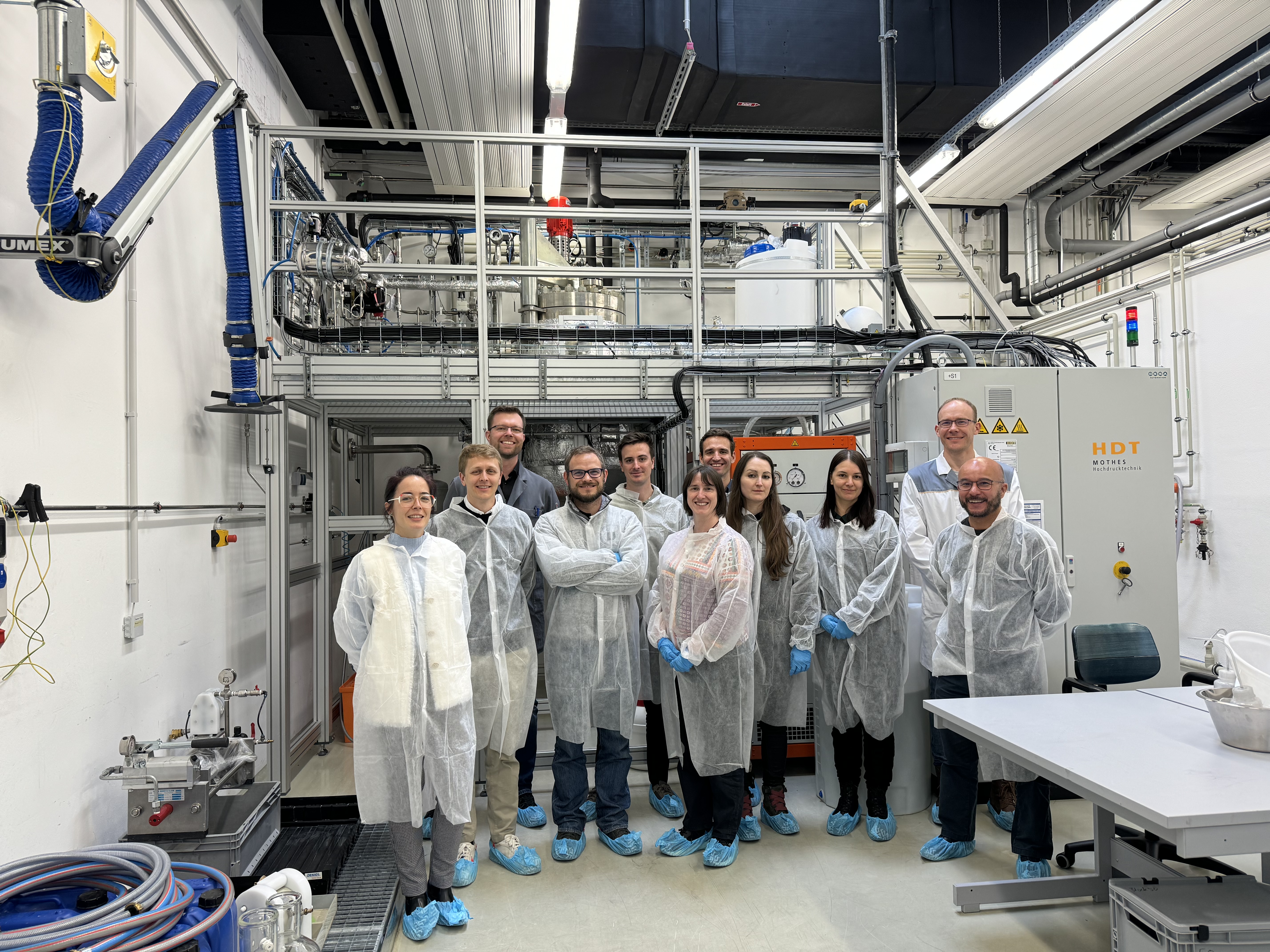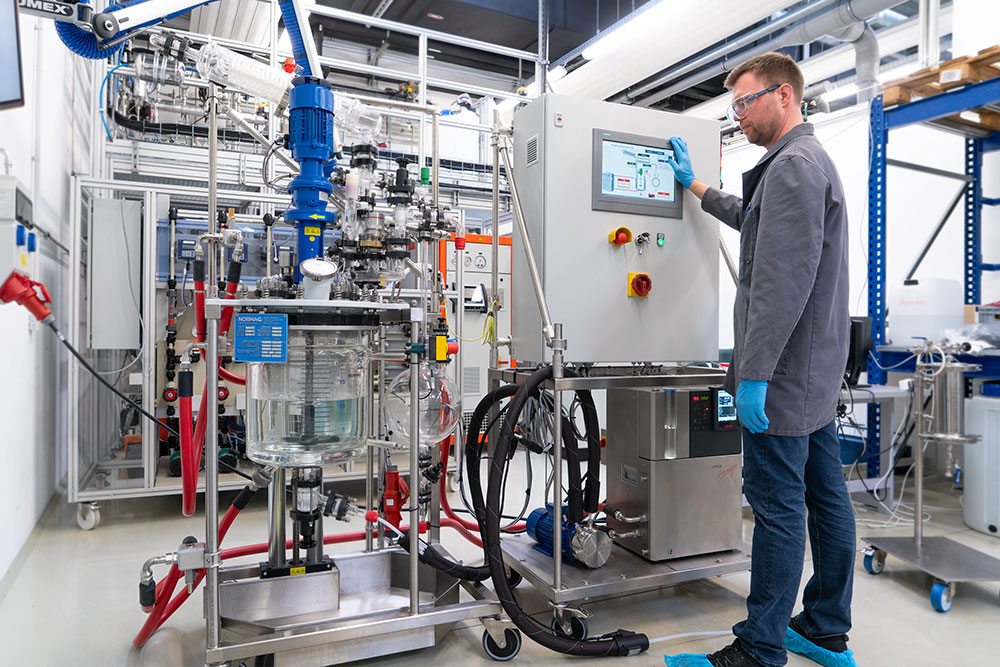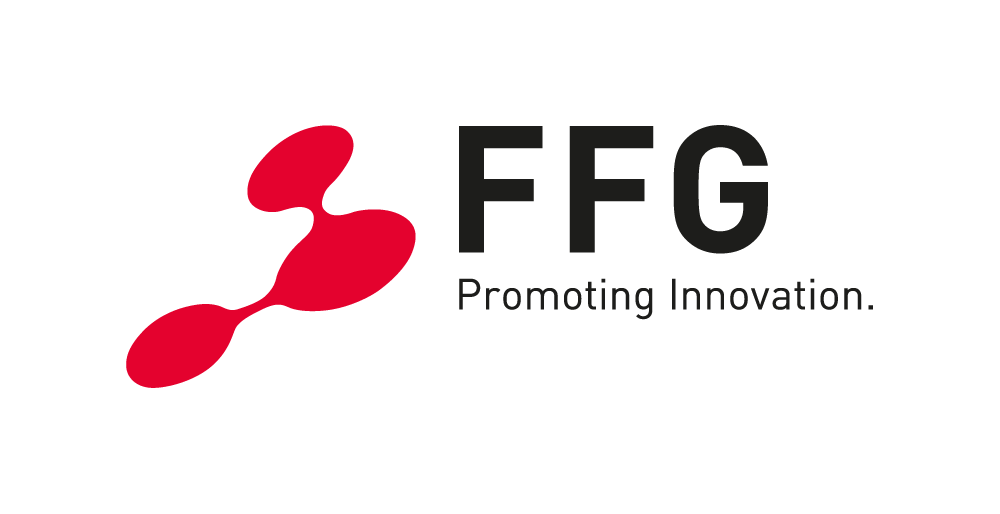For sustainability and security of supply: recycling lithium-ion batteries
In the “MoLIBity” project, a consortium including Fraunhofer IKTS is developing practical concepts for recovering lithium from batteries. To this end, the project partners are combining findings from chemistry, materials science, process optimization, life cycle assessment and waste recycling. Fraunhofer IKTS is contributing its expertise in the validation of the recycling process.


With the increasing demand for batteries, e.g., for electric vehicles, the need for critical raw materials such as lithium, cobalt and nickel is also growing. However, the extraction of these metals cause major environmental pollution. In addition, only around one percent of the lithium required to meet its demand, especially in electromobility field, is extracted in Europe, resulting in a strong dependence on imports.
Under the leadership of Fraunhofer Austria, the “MoLIBity” project, funded by the Austrian Research Promotion Agency FFG, aims to contribute to the development of innovative and practical solutions for the recycling of lithium-ion batteries. This will help to protect the environment on the one hand and ensure Europe's future supply of critical raw materials on the other. Among other things, efficient processes for identifying the cell chemistry of batteries and for assessing the quality of the black mass they contain are to be developed. In addition, extensive discharge and disassembly analyses will be carried out and it will be determined which information must be included in the battery passport to achieve relevant optimizations in process economy. Hydrometallurgical treatment processes will be developed and, finally, a life cycle assessment and profitability analysis of the overall process will be carried out.
“In order to meet the ambitious metal recovery rates of the new European Battery Regulation in the future, recycling methods and processes must be adapted and optimized. This applies in particular to the recycling of the critical raw material lithium, for which early recovery is essential to avoid losses during subsequent processing,” says Dr. Sandra Pavón, Group Manager Recycling and Green Battery at Fraunhofer IKTS. Fraunhofer IKTS is therefore focusing on the validation and optimization of the TU Bergakademie Freiberg's patented COOL-Process on a pilot plant scale. With its help, the lithium is recovered as lithium carbonate from battery black mass.
In addition to Fraunhofer Austria and Fraunhofer IKTS, the project partners are Montanuniversität Leoben, Saubermacher Dienstleistungs AG, Treibacher Industrie AG and the University of Natural Resources and Life Sciences, Vienna. The “MoLIBity” project runs until 2026.
